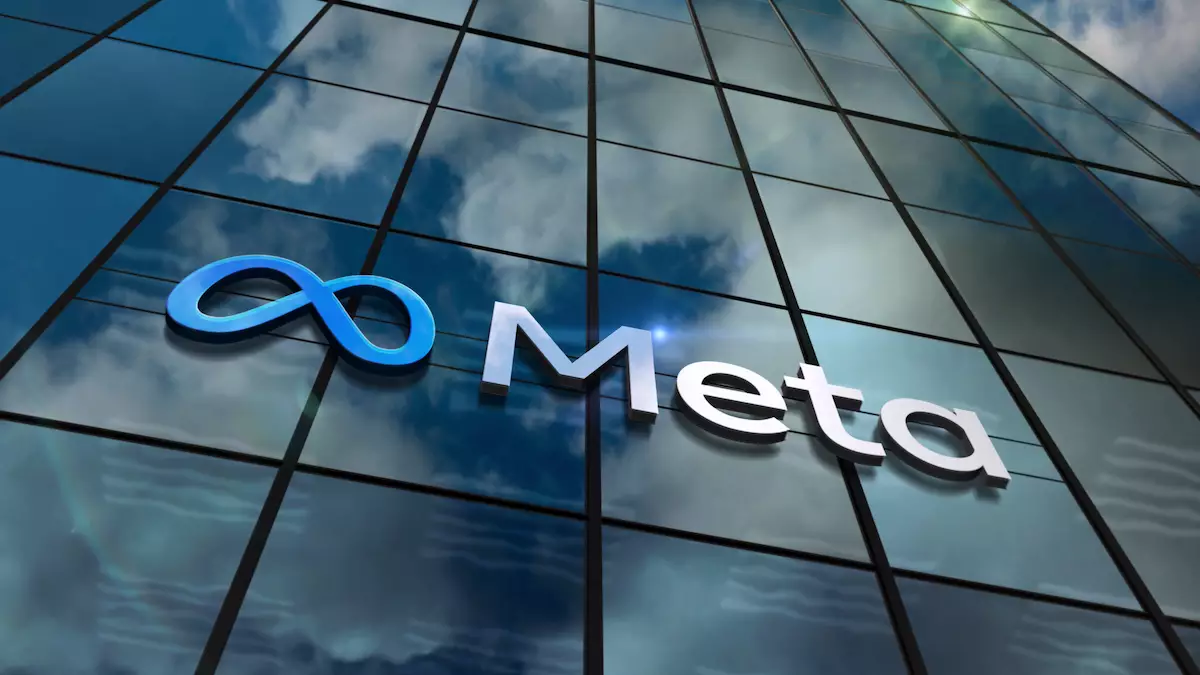Meta is taking a significant step forward in expanding its Meta Quest ecosystem by allowing third-party manufacturers, including industry giants like Xbox and Lenovo, to utilize its Meta Horizon OS. This move has the potential to revolutionize the metaverse and make mixed-reality technologies more accessible to a broader audience. By partnering with global technology leaders, Meta aims to bring its decade-long investment in mixed reality technologies to a larger audience.
The Meta Horizon OS, specifically designed for Meta Quest headsets, will now serve as the foundation for a new generation of mixed-reality devices. With an emphasis on advanced technology and social interaction, this operating system aims to provide users with a more intuitive and connected experience. Meta has pushed the boundaries of standalone headsets by developing technologies such as inside-out tracking, self-tracked controllers, and various tracking systems for hands, eyes, faces, and bodies. They have also created tools for blending the digital and physical worlds, such as high-resolution Passthrough, Scene Understanding, and Spatial Anchors.
Meta’s collaboration with industry leaders has already resulted in the development of new devices based on the Meta Horizon OS. ASUS’s Republic of Gamers is working on a high-performance gaming headset, while Lenovo is leveraging its experience in engineering top devices like ThinkPad laptops to create mixed-reality devices focused on productivity, education, and entertainment.
Last year, Xbox and Meta teamed up to introduce Xbox Cloud Gaming (Beta) to Meta Quest, enabling users to play Xbox games on a virtual 2D screen in mixed reality. Building on this partnership, they are now working on a limited-edition Meta Quest inspired by Xbox.
With the Meta Horizon OS, developers now have access to a comprehensive suite of tools to create immersive mixed-reality experiences. They can also take advantage of integrated content discovery and monetization platforms, such as the rebranded Meta Horizon Store, to reach a wider audience and expand their business opportunities. The social infrastructure of the Meta Horizon OS allows users to bring their identities, avatars, and social connections across virtual spaces, enabling developers to incorporate these social features into their applications and create a more connected mixed-reality ecosystem.
Meta’s decision to open up its Meta Quest ecosystem to third-party manufacturers marks a significant milestone in the development of mixed-reality technologies. By partnering with industry leaders and empowering developers, Meta is poised to shape the future of the metaverse and make mixed-reality experiences more accessible and interconnected than ever before.










